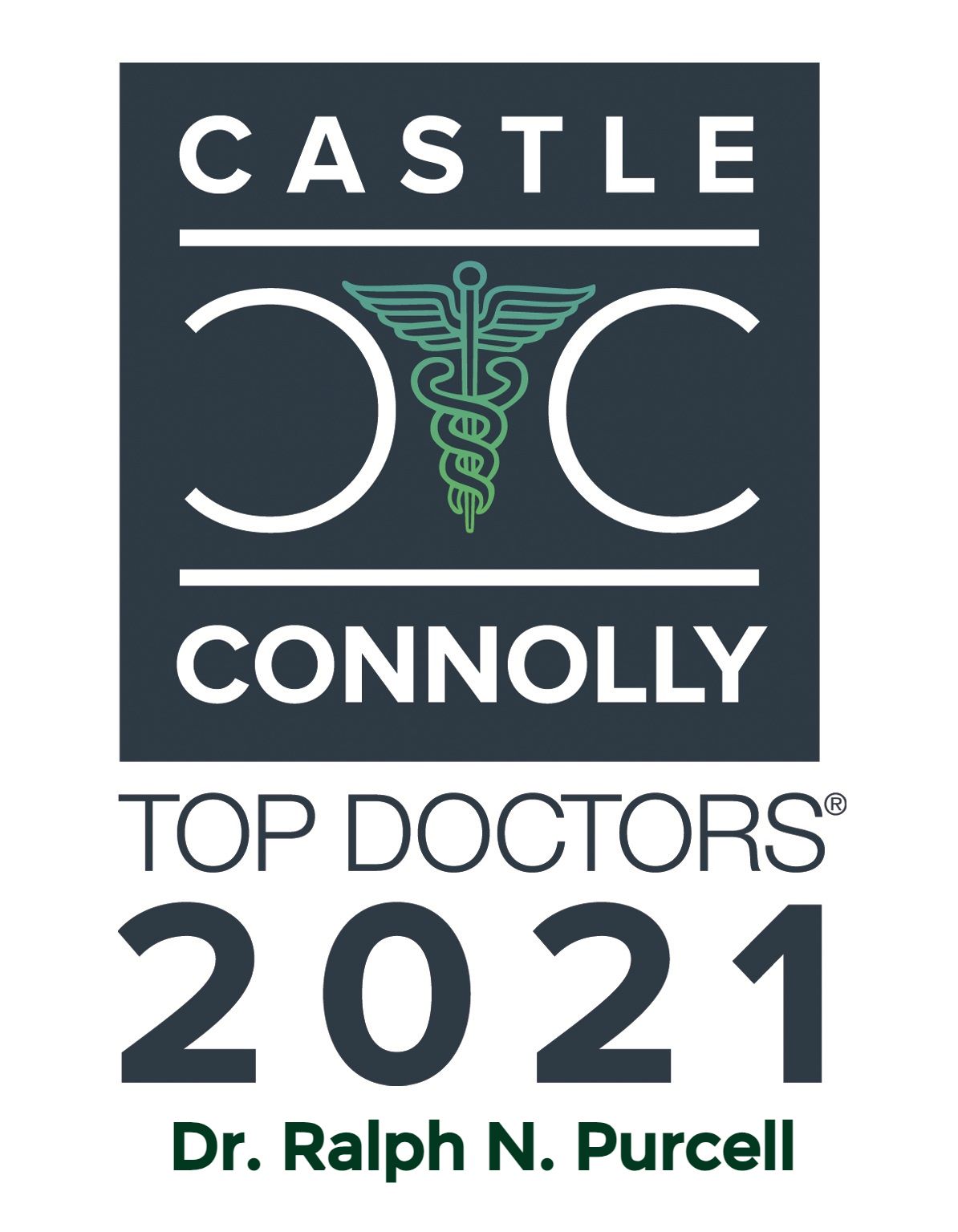We are buried by owner’s manuals for just about everything around us – your TV, cell phone, hairdryer, and even electric can opener. Yet, where is the owner’s manual for your visit to your doctor? Most of you think you know how a doctor visit works and what you should expect from your doctor; but trust me, you don’t, and if you did at one point, you simply just forgot what your appropriate expectations should be. Unfortunately, the media around us has greatly helped us this along as we read and hear story after story of diminishing doctors’ income, increasing doctors’ expenses, and how doctors have become but another cog in an untamable healthcare beast. This is often true as we, as doctors, have responded to an ever-speeding, inexorable treadmill where we see more patients every day, while taking home less money. So, it seems on the surface, reasonable for patients to expect a lot less, though this is unfortunate. Maybe, though, this is not quite the whole story. Maybe, there is room for compromise if only there was an owner’s manual, an instruction manual, for a doctor visit. Regardless of the immensity of our healthcare system and the fierceness of the doctors’ treadmill to see and bill patients to economically survive, there are still expectations to be met that can actually help both you and your doctor. You just need to know them.
Sure, you should expect competency, if not brilliance, from your doctor. After all, who doesn’t want one’s doctor to be the Sherlock Holmes of medical diagnoses? Thankfully, repeated medical board certification does just that. It forces us to stay at our best and, thus, provide this knowledge and competency you expect from your doctor. But a doctor’s visit should be more than that and I think you know that too. Maybe, we need to read an owner’s manual to remind us of that. Yes, a doctors’ visit should convey information; you ask questions, hopefully, and we hopefully provide you answers. Nevertheless, more should be involved. There should be, no – there needs to be, also compassion, empathy, and communication between you and your doctor. You are baring your private life stresses, your fears, your hopes, and your concerns at the same time we are checking your blood pressure or asking me to touch your finger to your nose. You need to expect these qualities from your doctor, and you need to show your doctor that you expect them, as well. After all, most doctors went into medicine to help people as trite as it sounds. There are, though, simply far easier ways to make a living that are much less stressful on ourselves (our bodies and psyche) and our families. These qualities of compassion, empathy, and ease of communication are usually there within your doctors, but sometimes they need to be coaxed out of hibernation. You need to ask questions of your doctors and it does not mean you need to know the science behind your medical problems. Anyone can ask questions – remember all the questions you asked as a child before you knew much of anything? Show your doctors you are interested in your problem and that you are seeking a discussion and not just a diagnostic answer. After all, your diagnosis is only the first step, not the last one. You need to be given the meaning of that diagnosis, how it affects you, your future and your family. What is your future role in getting better? This requires communication. Although your doctor should be able to initiate that conversation and discussion, you, as the patient, needs to be there to foster it as well. The doctor visit should be less typing on computers with our backs to you during the visit and more face time, talking and connecting with you. We need to gain your trust and you need to show interest in your care. How else will you trust us to take your medicine or follow our advice?
Also, do not leave your doctors’ office bewildered and befuddled, not knowing what you were told or worse yet, not understanding. Even worse, maybe you weren’t even told anything to be confused about. You have the right to be connected with, at your level of knowledge and experience. It should not matter if you ended your schooling at 6th grade or you have multiple doctorate degrees. Our care should not be done to you, but with you. Sometimes, all that is needed is a thoughtful response by the doctor, who actually makes an effort to reach the patient at his or her level of understanding. That does not take that long to do and that does not need to disrupt a busy doctor’s schedule. The economics of doctors’ practices do not need to take a significant hit for the value of each visit to increase.
I deeply care for each of my patients; each is more than a diagnosis and my patients’ problems are more than opportunities to showcase my surgical skills. They are people wanting to feel better or perform at a higher level. They want to reconnect with their world with less pain as they seek to have a life and a future story to tell.
So maybe, just maybe, the result will be your doctor remembering again the joy of connecting with and knowing patients as people and not body parts or illnesses and you will remember why you can trust your doctor to care for you as a unique individual. Wouldn’t we all be better off?
Schedule appointment
About Dr. Purcell
Dr. Purcell specializes in orthopedic surgery as well as hand/upper extremity surgery. He has a particular interest in utilizing minimally invasive procedures for his patients. Dr. Purcell was one of the first orthopedists to popularize the endoscopic surgical technique for treating carpal tunnel syndrome surgery, which leads to a faster healing time. He furthered the field of orthopedic surgery with both local and national lectures and presentations, helping colleagues gain insight and knowledge to improve patient care and outcome. His other areas of interest include biological regeneration/rejuvenation of joints, arthritis, tendinitis, nerve compression, repetitive stress disorders and trauma.





